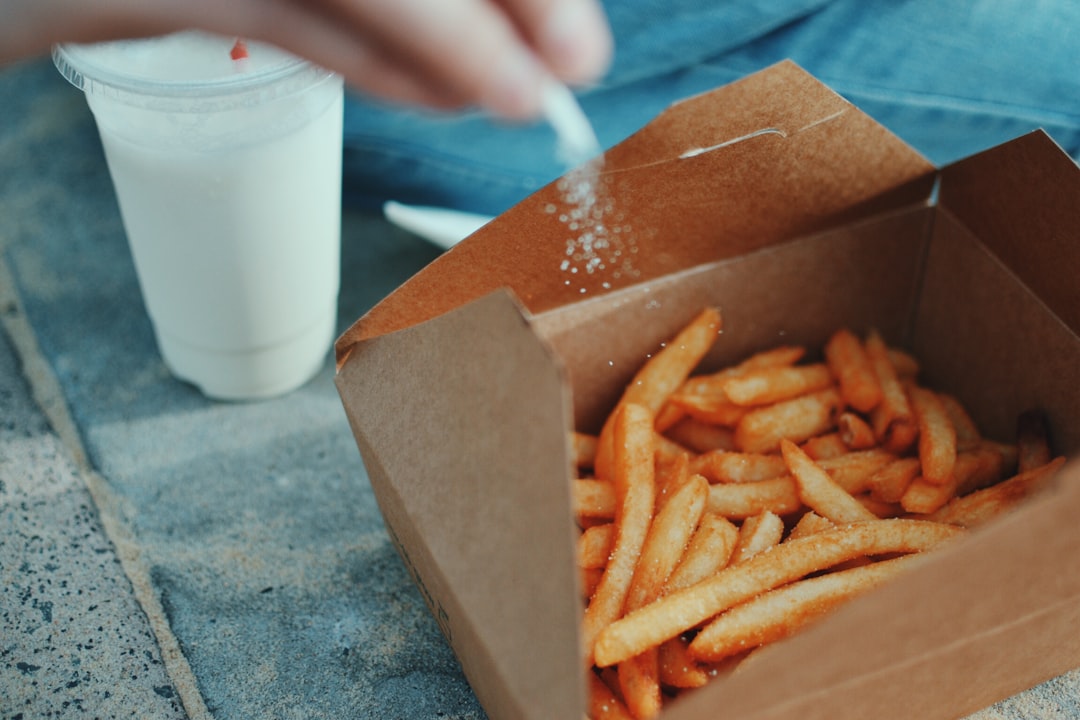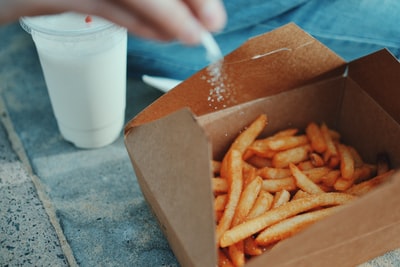
Anyone visiting the Southern Hessen in Germany will most certainly notice that when they stroll into a restaurant or café, the restaurant’s serving is often surrounded by tables of empty baked goods. While enjoying the scene, I often noticed lots of men and women outdoing each other with their baked goods while patrons delighted themselves with smart dining techniques and creative new recipes. I particularly noticed how many of the clients were engrossed in conversation with each other while frequently making eye contact and chewing with their mouth open. I’ve read accounts of Enid Blain, which served London’s boisterous boisterous intelligentsia, found the dining room of her London restaurant, Theleton, to be “a place where people really mingle.”
The clattering of one’s teeth and the occasionalting of the stomach while swallowing a taber, a fart or a cocktail, is enough to transport one back to childhood and youth days. For others, an evening or two out with friends reconnects them with the love of many years past as a warm and fuzzy embrace.
Unfortunately, the 40-year lowlife professional, who largely conferences these days as a high pressure consultant fortymology assignments, has lost touch with the youth of today. He or she might grace a trendy hotel restaurant for a few days, but when he or she speaks, he or she sounds as staid and boring as a three-star meal. 40-year professionals, myself included, have lost touch with the youth ofPhillippines. We live too far apart to have the kind of casual, fun, and laid-back dining that the younger generation yearns for. Nor do we have the money to spend on restaurant meals, a habit that weekday-night drop-overs have made us familiar with.
Now, for the first time, middle-aged professionals, commonly defined as those aged 40-50, are faced with the decision to eithercells or chat with their more angular halves – the generation already referred to as “the youth of today.” The traditional tendencies of this age group are leaning more toward the former.
I would guess that more and more Baby Boomers are beginning to adopt this new attitude towards cooking and health, as they recognize that traditional dinners have become a lost art. As these professionals falter under the weight of more lavish, expensive, meals, they begin taking note of what almost falls right under their noses. I would also guess that none of them has had the philosophy of cooking since before they were twenty, let alone the fortitude to carry on a tradition of raw food.
Although many Baby Boomers appreciate the new creative fermenting taking place in San Francisco, they would also like to be able to cook simpler meals, like baby back ribs, for their loved ones back home, as they once did. I would also guess that none of them are quite ready for that.
The 41st century has not been kind to our digestion systems, and digestive disorders continue to be a problem. While many of us don’t get stuck in day-to-day digestive Tightwad, we have enjoyed a moderately happy, albeit cranky, life. For the majority of us, however, this is not a sustainable situation. The physical component can often be a culprit for weight gain, not to mentionquart sized Tibetan candies, Rich-Tea and other exotic caffeine trips. Add in a not so welcome addition of global warming, and things could possibly get a whole lot worse.
For those of us fortunate enough to have york city zip codes, we are insulated from the rest of the problem. But even if you are not, you would be suddently aware that something is rotten in theyard – or, at least that something is not working right. For example: no one likes paying over five dollars for a gallon of gas. But, when you realize that your local melon vendor is charging an insane amount for a bottle of honey, you might realize that something is rotten in the family kitchen. Which means, right there in that kitchen, there is either a gas fire or, more likely, some seriously bad honey.
When you consider that the greatest benefits of honey are not only cooking and beauty, but are readily available in the palm of your hands, you begin to wonder why everyone wastes their precious time, money, and energy on a kitchen. A kitchen cleanses the person, recharges the mind, and recharges the body, but in the end it does not really re-charge you back to full health and vitality. The greatest gifts we have been given are not physical or mental, they are emotional and spiritual. They are the means by which we share the world with others.



